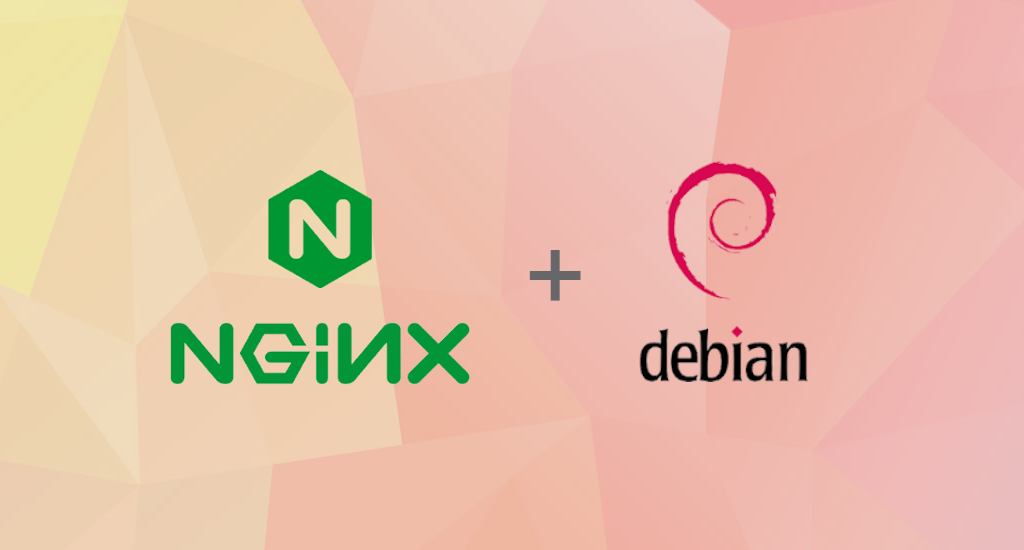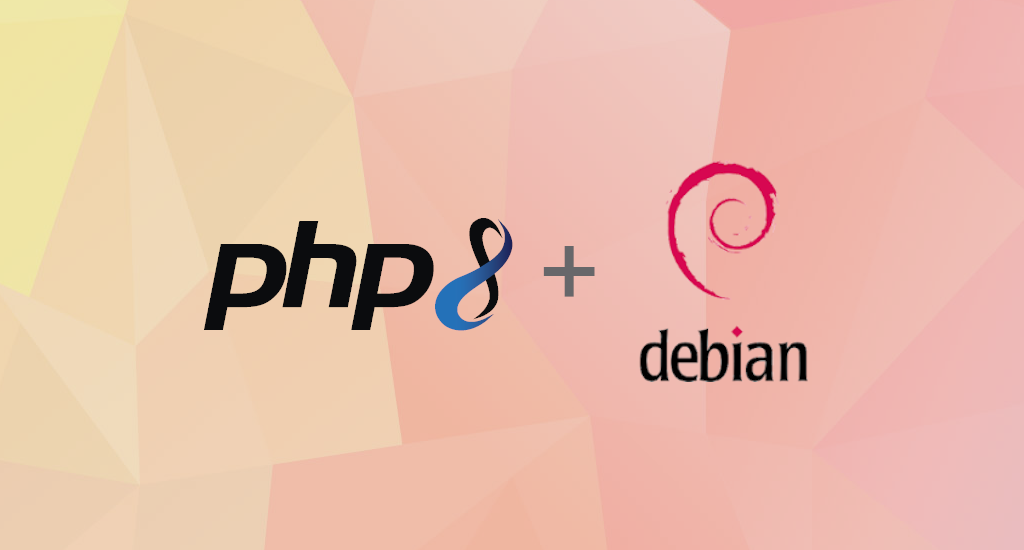How to Install PHP 7.4 FPM on Debian 10 Buster

If you already have Debian running, usually it already has the latest PHP 7.4 version. If that's not the case, well, we can install it anyway. Basically, the installation process itself is pretty easy. First, we need to update our apt repository and upgrade it. Next step is add repository and the installation itself. Finally we'll verify our installation.
Update apt Repository
First, we need to make sure that our system is up-to-date. On your terminal, run this command:
$ sudo apt update
$ sudo apt upgradeAdd Repository
Before we add a new repository, we need to install few extra packages:
$ sudo apt -y install lsb-release apt-transport-https ca-certificates The repository we're going to add is ondrej-sury repository. To import it to our system, we must import gpg key first:
$ sudo wget -O /etc/apt/trusted.gpg.d/php.gpg https://packages.sury.org/php/apt.gpgThen we add the repository:
$ echo "deb https://packages.sury.org/php/ $(lsb_release -sc) main" | sudo tee /etc/apt/sources.list.d/php.listThe last step is to Install PHP 7.4 on Debian 10. Before installation, update system package list on added repositories.
PHP 7.4 Installation
Let's update our system's repository again.
$ sudo apt updateIf the update process mentioned that there's some packages can be upgraded, let's upgrade them first:
$ sudo apt upgradeThen we can continue to install PHP 7.4 FPM on Debian 10:
$ sudo apt -y install php7.4-fpmInstall Composer (optional)
Most of the time, we need to use some packages from packagist (PHP package repository). As mentioned in their website, it's pretty straightforward to install composer in our system:
php -r "copy('https://getcomposer.org/installer', 'composer-setup.php');"
php -r "if (hash_file('sha384', 'composer-setup.php') === '756890a4488ce9024fc62c56153228907f1545c228516cbf63f885e036d37e9a59d27d63f46af1d4d07ee0f76181c7d3') { echo 'Installer verified'; } else { echo 'Installer corrupt'; unlink('composer-setup.php'); } echo PHP_EOL;"
php composer-setup.php
php -r "unlink('composer-setup.php');"When the installation has finished, we can move composer.phar to /usr/local/bin. This way all other user in our system can run composer without the need of installation again.
$ sudo mv composer.phar /usr/local/bin/composerVerification
To verify that our installation went correctly, enter this command:
$ php -vIt must respond with something like this:
PHP 7.4.15 (cli) (built: Feb 20 2021 05:32:12) ( NTS )
Copyright (c) The PHP Group
Zend Engine v3.4.0, Copyright (c) Zend Technologies
with Zend OPcache v7.4.15, Copyright (c), by Zend Technologies
Bonus
If you want to run Laravel in this system, you must install these extra packages:
zip, php7.4-zip, php7.4-mbstring, php7.4-xml, php7.4-mysqlnd, php7.4-xml, nginx, mariadb-serverExample:
$ sudo apt install zip
$ sudo apt install php7.4-zip
... etcFinal Words
I hope that you now know how to install PHP 7.4 on Debian 10 Buster. If you run into any issues or have any feedback feel free to drop a comment below.
